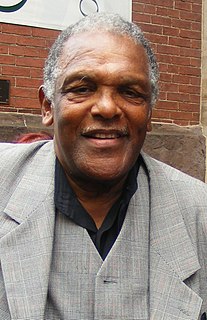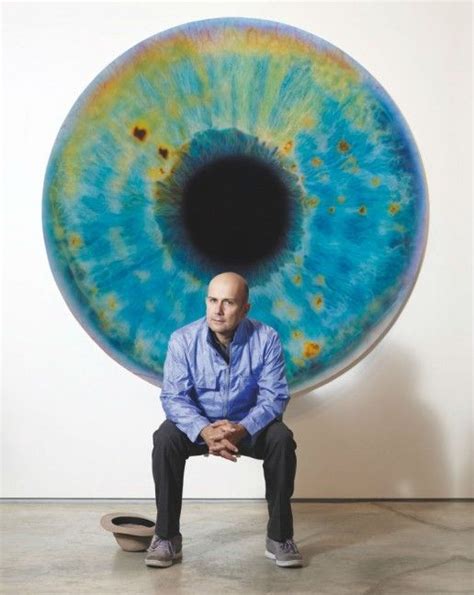A Quote by Ronald Frame
I can remember in my early days of writing going to sort of writers' functions and parties and things like that, and I used to get very irritated because when people heard that you came from the suburbs, they had this notion that it was very un-cool to come from there.
Related Quotes
Suppose you had inherited the same body and temperament and mind that Al Capone had. Suppose you had had his environment and experiences. You would then be precisely what he was. . . . For it is those things - and only those things - that made him what he was. . . . You deserve very little credit for being what you are - and remember, the people who come to you irritated, bigoted, unreasoning, deserve very little discredit for being what they are.
You have to get inside the people you are writing about. You have to go below the surface. And that's to a very large degree what all writers are doing - they're trying to get below the surface. Whether it's in fiction or poetry or writing history and biography. Some people make that possible because they write wonderful letters and diaries. And you have to sort of go where the material is.
What's hard to do is describe why you like something. Because ultimately, the reason things move people is very amorphous. You can be cerebral about things you hate, but most of the things you like tend to be very emotive. It's really hard to do a literary reproduction of what makes you happy. That's what I try to do. If nothing else, it seems like there's enough people out there telling the world what isn't cool, or what's terrible, or what's depressing. I think there's an element of cynicism in my writing, but I'm an optimistic cynic.
That was very appreciative because all the players vote for that. That's the highest award anyone can get in the NFL. Every team in the NFL votes for the most valuable player. I was injured. I had appendicitis the first part of the season, but I came back after ten days. Nobody came back that early. No player wants to sit on the bench. No player wants to be inactive. Everybody wants to play.I came back in ten days. I had the uniform on and played. I played those next games until I got kicked in the head.
Back in the early '70s, when Susie and I were first married, we had a little house that we rented, and we used to have parties. People would come, and they wouldn't leave. I used to get so tired. I'd put on the Stanley Brothers, 'Songs for the Good People,' and the house would clear in five minutes. It was not liked; it was alien. It was weird.
The church is like any large corporation in one respect. In its early days, either the early church or the early years of Microsoft, you see all kinds of creativity, innovation, invention, people have nothing to lose, they're trying to find what works. Then you wake up and you're a vast enterprise, and it's very hard, when you have all kinds of buildings and structures and hierarchy and so on, to hang on to these very creative impulses that helped you get your great success in the first place. As a church we're going to have to figure a way out from under this.
I used to be Amish. I had to stay a lot with my grandparents or aunts and uncles who are Amish, so I was sort of partially Amish. When I go back there now I still get into that culture. I can drive a horse and buggy because they don't use cars. And, of course, there's no electricity. I respect them a lot. The Amish like to live a very plain lifestyle, the way they think God intended. It sort of brings you back to like Little House on the Prairie days or something.
It's not a problem to be surrounded by other writers if that's the craft that you're doing. I suppose if you get obsessed with the notion of being a writer more than the writing itself, that would be bad. But I live near really smart, thoughtful people who take writing very seriously, and I can meet them for breakfast and talk books.
There are very few good writers about art, and you either get art-fashion writing with trendy views or you get very traditional writing. Occasionally, you get people who can write in an interesting way. Really, I think in a sense art writing needs to be renewed as well. It's in a pretty bad condition.







































